India: Late-term abortion ruling highlights mothers’ rights
By DW
13 December 2022 |
1:04 pm
Abortions in India are usually permitted only up to 24 weeks of pregnancy. But in a recent landmark ruling, a Delhi court allowed a woman to undergo an abortion in the 33rd week due to fetal abnormalities.
In this article
Related
1 day ago
Related
1 day ago
Since 2015, the number of malaria cases worldwide have stalled and ― in some areas, they're even increasing. That's after two decades of falling numbers. What's going on?
2 days ago
A book by Frank-Walter Steinmeier titled 'We' searches for diversity in the face of division, though it's a difficult balancing act for the head of state.
1 day ago
The central Mexican city of Celaya has become the scene of a brutal turf war between rival drug cartels. These criminal groups have taken advantage of its strategic position at the crossroads for transporting drugs into the United States. Kidnappings, shootouts with police and drive-by killings now occur on an almost daily basis in broad daylight. Nearly 500 people were killed in Celaya last year. The city's police officers (pictured) risk their lives every day and are forced to travel in armoured vehicles. Our France 2 colleagues report, with FRANCE 24's Lauren Bain.
1 day ago
German teenagers and young adults find themselves increasingly unsatisfied and likely to vote for the far right, according to a survey. Fears about prosperity are highlighted as a possible cause.
1 day ago
We look at the US papers, who react to Ukraine being granted a $61 billion aid package. Also, five migrants die attempting to cross the Channel, just hours after the controversial Rwanda asylum bill is passed by the UK parliament.
1 day ago
Israel's economy suffered a major contraction in the final quarter of 2023, following the terrorist attacks. Its economy shrank by 5.2% compared with the previous quarter. Much was related to the labor force disruption which resulted when around 300,000 reservists were called up to the country's armed forces.
Latest
1 day ago
Find these stories and much more when you grab a copy of The Guardian on Thursday.
1 day ago
Tunde Onakoya, the Nigerian Chess expert who smashed the previous Guinness World Record for the longest chess marathon has returned to Nigeria. The founder of Chess In Slums Africa broke a new record of 60 hours of playtime in New York’s Times Square last Saturday, which is still receiving confirmation from GWR.
1 day ago
The German government revised its economic growth forecast for 2024 marginally from 0.2% to 0.3%, Economy Minister Robert Habeck confirmed on Wednesday afternoon.
1 day ago
With the rate of insurgency in Borno State, many lives and families have been severely affected, with thousands being displaced and forced to live in internally displaced camps (IDP). A mother, who has lost neighbors, family, friends, and loved ones still in captivity, shares her heartbreaking experience of living in constant fear. She calls on the government to provide more basic amenities to help her and others in the IDP camp in Chabbol village, Borno state.
1 day ago
Will it be enough to dissipate doubt over Ukraine's ability to hold out in a war of attrition with Russia? After months of delay, the US House of Representatives has finally approved a $60 billion military aid package for Kyiv.
1 day ago
A school in the Nigerian administrative capital city of Abuja offers teaching to students at a 100 Naira ($0.86) per day. It enables poor parents and daily income earners to send their children to get secondary school education.
×

Get the latest news delivered straight to your inbox every day of the week. Stay informed with the Guardian’s leading coverage of Nigerian and world news, business, technology and sports.



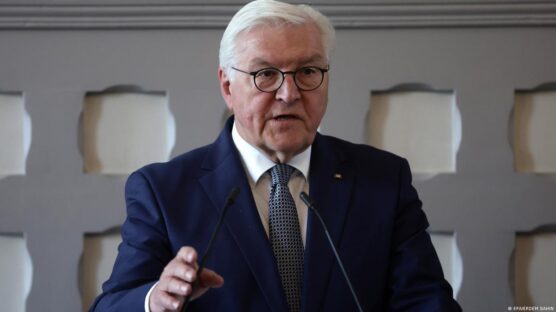


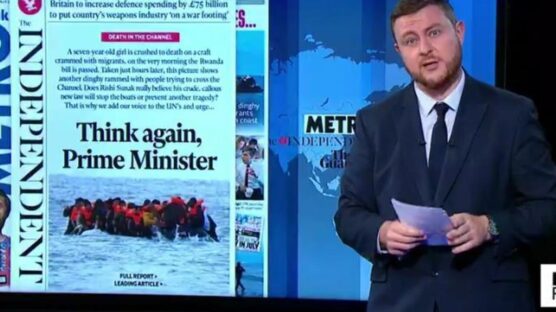
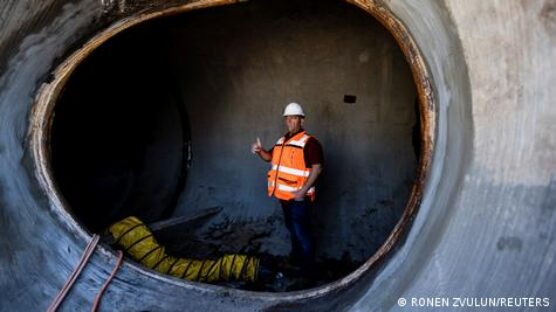






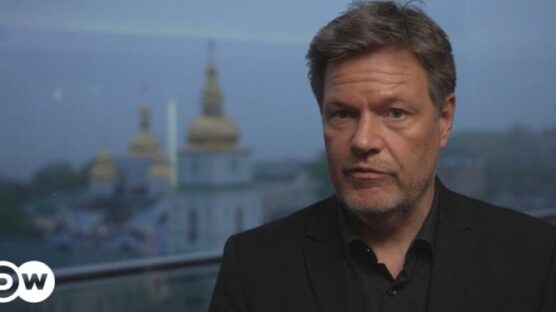
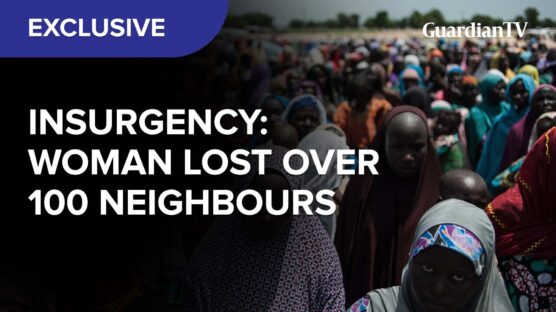
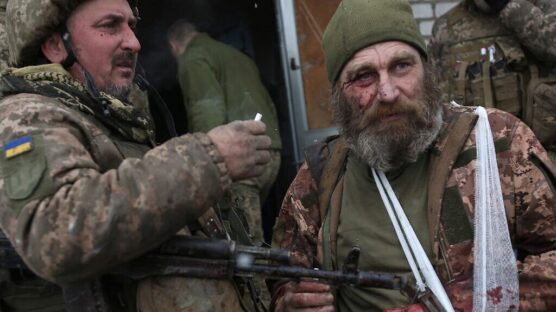
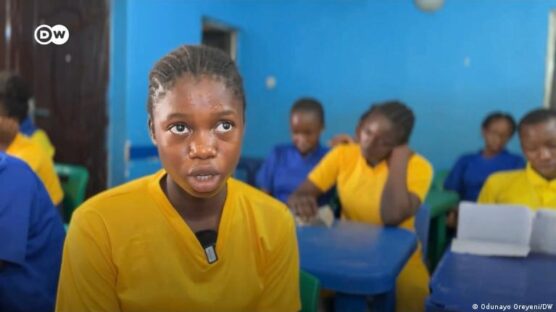
0 Comments
We will review and take appropriate action.